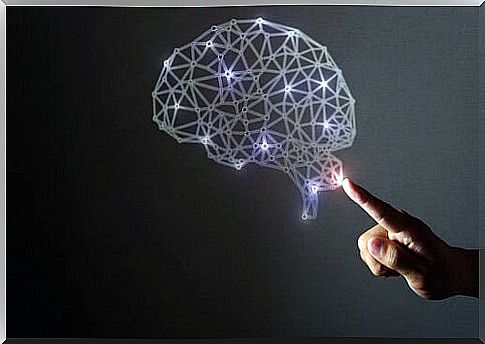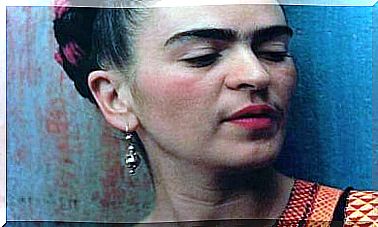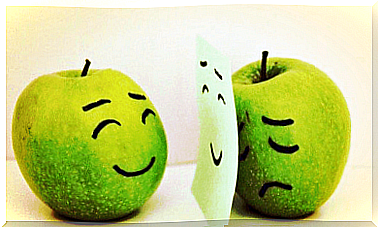Neurohappiness, The Science Of Happiness?

Neurohappiness. Just read the term and curiosity is kindled just like when we do a magic trick on a child. Suddenly, we notice that the word “happiness” does not appear alone, designating an intangible emotional state. No. Here happiness is a state linked to our body : “Neuro” is a prefix that refers to the nervous system.
Emotions (including happiness) depend on the activity of our brain and are essential for the survival of the individual. They are characterized by having two planes: they produce a subjective sensation and are usually accompanied by an external manifestation. In this way, happiness manifests itself as inner well-being and is externalized by creating forms of expression of this well-being that normally feed it back.
Happiness and nervous system
Usually, when defining and explaining happiness, we relate it to our emotional universe, to the satisfaction and dissatisfaction of a desire, to the fulfilled dream. This emotion occurs on the metaphysical plane. It is not something that we can touch, store in our closet and wear every morning. It is something variable, uncontrollable, in most cases, linked to external experience.

However, we are not aware that this emotion does not originate in the experience itself. It is the by-product of a chemical process in our nervous system. It has its grip on our body. We are producers of happiness. It does not appear suddenly, as a divine consequence. It is a chemical reaction to experience and in accordance with our conception of reality.
The chemicals of happiness
We may be wondering what a chemical reaction is and how our conception of reality plays a central role in our happiness. The answer to these two questions is simple. On the one hand, we have the hormones of happiness: endorphin, serotonin, dopamine and oxytocin. We speak of a chemical reaction when these hormones work in our nervous system associated with positive feelings: love, pleasure, blocking pain, etc.
On the other hand, we have our conception of reality. This is a psychosocial construction that has been adjusted since our childhood, determined by our first experiences and that defines our future. It will influence our relationship with experience and, consequently, our biological production of happiness.
Theorizing and building lasting wellness
So, talking about Neurohappiness is theorizing well-being. This means that we establish real bases to understand happiness and to be able to create strategies that allow us to be happy. It is possible to build a happiness that does not depend on the experience itself. To achieve this we only need to transform the chemistry of our brain and our perception of reality.

In other words, we can begin to see “the glass half full” instead of the “glass half empty.” And this change in our ‘mindset’ will transform our brain’s ability to produce wellness-associated chemicals; an inertia and an origin that perpetuates it.
Neurohappiness, a new concept to be happy
This new perspective on happiness empowers us in the process of achieving lasting well-being. In other words, we know that happiness is within the reach of our effort; it is something we can achieve and perpetuate, transform it into a tangible reality.
It includes methods and exercises that allow us to generate these hormones, awakening those brain circuits designed to provide us with a state of well-being. The key is to be able to activate these circuits voluntarily. In this way we can be our own makers of happiness.
Is Neurofhappiness the science of happiness?
We can answer this question with a resounding “Yes.” There is an essential relationship between our positive emotions and our nervous system. In other words, we can explain and theorize about happiness by addressing our brain chemistry.

In addition, this conception re-signifies our happiness, since it tells us that it does not depend on how much money we keep in the bank or on the achievements we have made, but that it is much more conditioned by a process on the biological plane that creates and regulates it within U.S. This process is influenced by the way we perceive reality and in turn conditions the way we see reality. In this sense, happiness is a path that we can choose.









